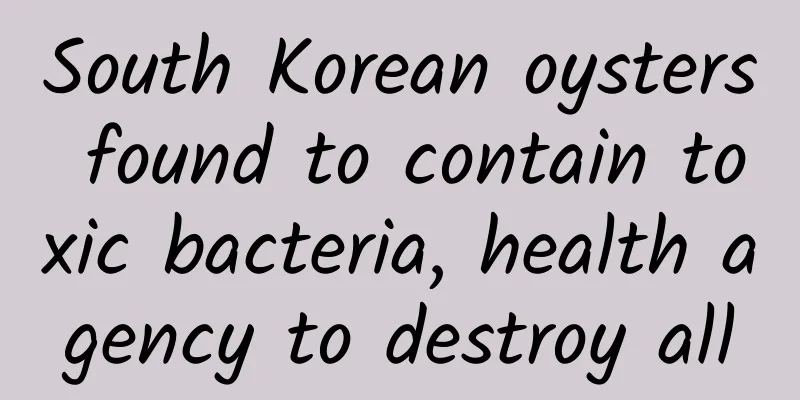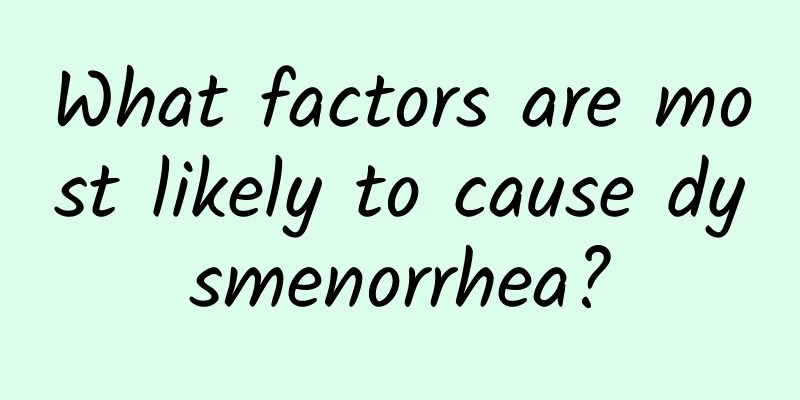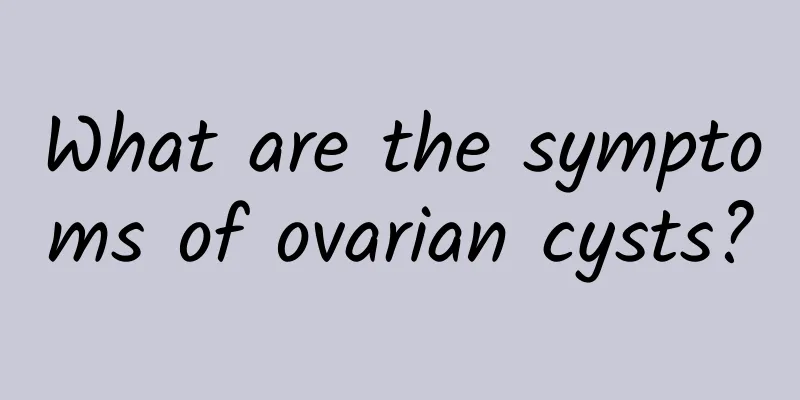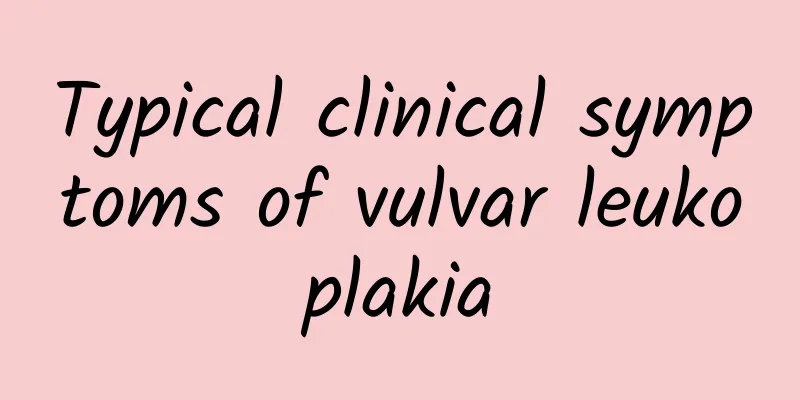South Korean oysters found to contain toxic bacteria, health agency to destroy all

|
In early June, it was reported that people in the well-known restaurant chain "Food Paradise" collectively developed symptoms of food poisoning after eating Korean oysters. The Department of Health sealed up the oysters imported from South Korea and tested 29 of them, confirming that they were contaminated with pathogenic microorganisms. Therefore, all of them will be destroyed in accordance with the law. Zheng Weizhi, section chief of the Food and Drug Administration of the Department of Health, said that after the suspected poisoning incident from eating Korean oysters was reported, the Department of Health sealed Korean oysters imported from April 6 to June 6 from five importers, with a total of 7,204 boxes and 155,682 oysters. 29 of them were randomly sampled for food poisoning pathogens and viruses, of which four were found to contain Bacillus cactus which did not meet the regulations, and three were found to contain norovirus and astrovirus that cause infectious diarrhea. Section Chief Zheng Weizhi explained that the samples containing the poisonous bacteria came from more than two importers. Epidemiological investigations showed that there was a significant statistical correlation between people's consumption of oysters and poisoning incidents, and oysters were indeed the cause of the poisoning. Moreover, these oysters all come from South Korea. The US FDA recently assessed that Korean shellfish may be at risk of contamination by human excreta and norovirus. Based on relevant information, it is determined that the currently sealed Korean oysters have been contaminated by the virus. Therefore, in accordance with Article 11, Paragraph 1, Clause 4 of the Food Sanitation Management Act, all oysters that are contaminated by pathogenic microorganisms and are harmful or likely to be harmful to human health will be destroyed. The Department of Health also announced on June 9 that it would conduct batch-by-batch inspections on oysters and shellfish imported from South Korea and conduct additional tests for norovirus. They would only be released after confirmation that they were not contaminated. Section Chief Zheng Weizhi said that so far no related goods have been re-declared. |
<<: Taiwan Green Gold! Taro-flavored edamame is available in December
>>: Hot-selling dragon fruit "Taipei Hope Plaza" starts selling this weekend
Recommend
What exercises can relieve menstrual cramps?
Many people think that it is inconvenient to move...
Do you know the symptoms of cervical erosion?
What are the symptoms of cervical erosion? The sy...
What is the relationship between endometriosis and dysmenorrhea?
What is the relationship between endometriosis an...
Abnormal yellow leucorrhea means pregnancy?
Abnormal yellowing of vaginal discharge does not ...
Cervical hypertrophy can be checked by vaginal ultrasound
Cervical hypertrophy can be diagnosed by vaginal ...
Early symptoms of ectopic pregnancy in acute women
Ectopic pregnancy is not uncommon in life. Many p...
Eat less and exercise more, and you'll still be fat! 80% of cases are caused by hormone imbalance
No matter how hard you try to lose weight, your w...
Hyperprolactinemia drugs
At present, the treatment of hyperprolactinemia m...
What is the standard care for abortion?
Abortion is a very painful thing for expectant mo...
Song Joong-ki’s fitness coach teaches you: Stop pursuing thinness, micro muscle lines are popular!
The male god Song Joong-ki has an amazing physiqu...
What are the causes of vaginitis?
Many women suffer from vaginitis to varying degre...
Five common treatments for adnexitis
The high incidence of gynecological diseases has ...
Feeling weak all over and having difficulty losing weight? I am afraid that low thyroid is the problem!
I didn’t eat much, but my weight kept rising? Be ...
Can congenital absence of vagina be cured?
Can congenital absence of vagina be cured? For a ...
What are the symptoms of cervical erosion of degree 2? 5 symptoms indicate cervical erosion of degree 2
In our lives, excessive cleaning and lack of hygi...









